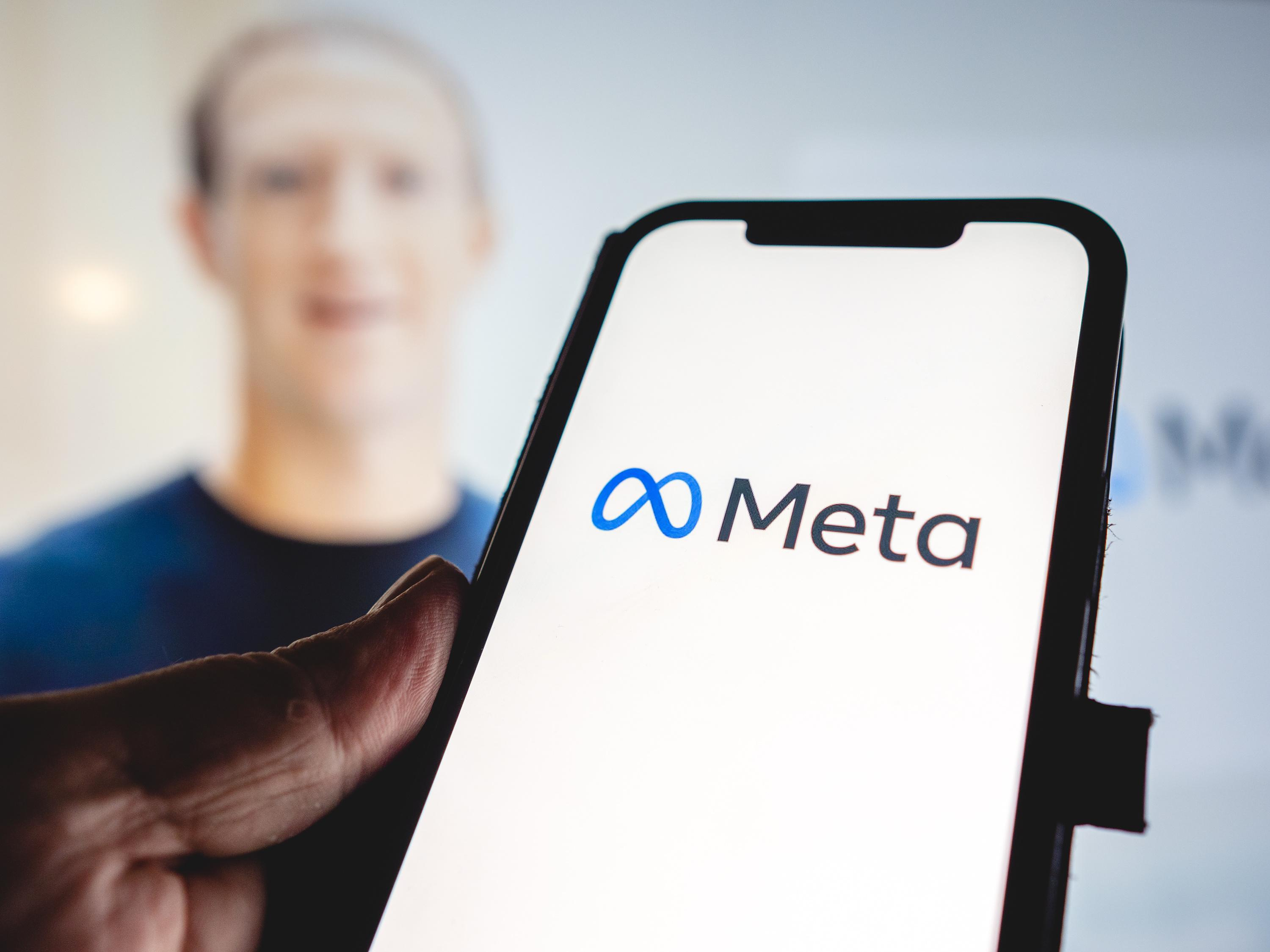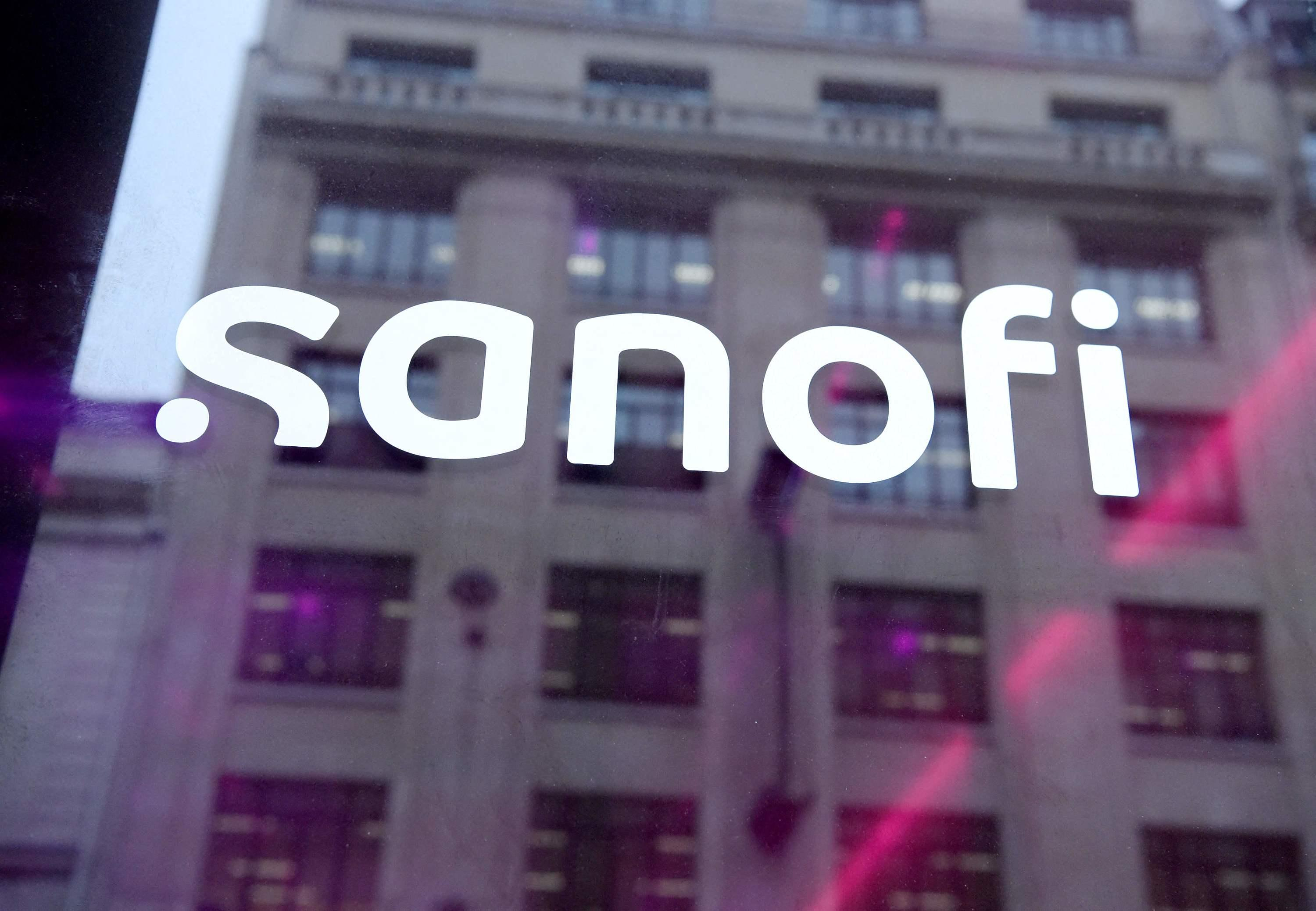“We plan to integrate Threads into the fediverse, a social network made up of different servers operated by third parties.” This abstruse message displayed when you download the new application from the Meta group, freshly arrived in Europe on December 14, is surprising. The “fediverse” is not a news item, but indeed a system presented as the future of social networks by its creators.
The principle ? Allow users of platform A, for example X (ex-Twitter), to exchange with those of platform B, Instagram, without having to register. The system is not new. If the fediverse was created in 2008, its interoperability system has existed since the construction of the Internet: this is how users of a Yahoo mailbox can read messages from Gmail and send them to Outlook. But many large platforms today operate in isolation.
The fediver currently has very few web players among its ranks, apart from Tumblr, Flickr or Mastodon, an alternative to X which claims 1.8 million monthly active users. But it is destined to expand, especially with the future integration of Threads.
For Meta, the advantage of integrating ActivityPub is simple: attract new users to its platform, especially those who would be reluctant to do so. In recent years, the group, shaken by controversies such as the Cambridge Analytica scandal, has been trying to renew its image. To do this, he is looking for new models.
The fediverse, contracting the words “federation” and “universe”, caught his attention. We must imagine it as a galaxy of small independent digital planets, “instances”, which can nevertheless communicate and interact with each other. The objective: to be able to consult and publish on competing platforms without leaving the interface you are on. And this is thanks to the ActivityPub protocol, the universal language of decentralized social networks.
“Threaders” could therefore in the future exchange with Mastodon users without leaving the Meta group application, and vice versa. Mark Zuckerberg also announced at the beginning of the month that Threads was starting to show publications on this other network. Without however allowing you to post from there.
The promises of the fediver are ambitious. It will also be possible to transfer your subscribers without starting from scratch if you open an account on another platform, and to personalize your feed, without being confronted with opaque algorithms and intrusive advertisements. This model, which is intended to be transparent, was designed to restrict the collection of personal data, disinformation or the wave of hatred online. It would then allow you to decide freely which platform to use.
Also read: WhatsApp, Meta's new lethal weapon
At a time of major regulations in the digital world and in particular the DSA (Digital Services Act), interoperability is at the heart of discussions. The European Union hopes for a world where all services can communicate with each other, even though they are still designed in isolation. Couriers will be the first to be affected. Soon, a Whatsapp user will be able to write to a friend who only uses Signal or Telegram.
Thanks to its link with Instagram, which has more than 2 billion users, Threads benefited from a large potential user base upon its announcement. ActivityPub compatibility would therefore be the icing on the cake today.
But its integration does not please other players in the fediverse. In particular, they fear that Meta will implement the “Adopt, extend and exterminate” strategy, which consists of a company adopting a particular technological protocol, extending it with additional characteristics, then work to make the original protocol obsolete in order to dominate an industry and extinguish the competition.
Certain authorities are therefore firmly opposed to the arrival of Zuckerberg's group, by signing the “Fédipact”, where they undertake to block Meta services from their platform.
And for good reason. On the Meta side, integrating the fediverse is a 180 degree turn. The group, which has long kept the operation of its networks opaque, now advocates transparency. Suddenly opening the doors to other platforms seems improbable at first.
Also read Why the Bluesky network is attracting more and more X users
If as Threads grows, integration with the fediver becomes a solid project, there are also more and more reasons for Meta to try to reverse its decentralization plans. In an interview with the American site The Verge, Mark Zuckerberg reiterated his project. “The more interoperability there is between different services and the more content can circulate, the more efficient social networks can be.”
It therefore seems that the group could go all the way... and pave the way for others, even if the fediverse is not up to date with all the web giants. If the former management of Twitter (now X) was favorable to the idea of making it an open platform, Elon Musk has largely backpedaled.

 Poland, big winner of European enlargement
Poland, big winner of European enlargement In Israel, step-by-step negotiations for a ceasefire in the Gaza Strip
In Israel, step-by-step negotiations for a ceasefire in the Gaza Strip BBVA ADRs fall almost 2% on Wall Street
BBVA ADRs fall almost 2% on Wall Street Ukraine has lost 10 million inhabitants since 2001... and could lose as many by 2050
Ukraine has lost 10 million inhabitants since 2001... and could lose as many by 2050 Sánchez cancels his agenda and considers resigning: "I need to stop and reflect"
Sánchez cancels his agenda and considers resigning: "I need to stop and reflect" The Federal Committee of the PSOE interrupts the event to take to the streets with the militants
The Federal Committee of the PSOE interrupts the event to take to the streets with the militants Repsol: "We want to lead generative AI to guarantee its benefits and avoid risks"
Repsol: "We want to lead generative AI to guarantee its benefits and avoid risks" Osteoarthritis: an innovation to improve its management
Osteoarthritis: an innovation to improve its management Ukraine gets a spokesperson generated by artificial intelligence
Ukraine gets a spokesperson generated by artificial intelligence The French will take advantage of the May bridges to explore France
The French will take advantage of the May bridges to explore France Organic flour contaminated by a recalled toxic plant
Organic flour contaminated by a recalled toxic plant 2024 Olympics: Parisian garbage collectors have filed a strike notice
2024 Olympics: Parisian garbage collectors have filed a strike notice Death of Paul Auster: Actes Sud says he is “lucky” to have been his publisher in France
Death of Paul Auster: Actes Sud says he is “lucky” to have been his publisher in France Lang Lang, the most French of Chinese pianists
Lang Lang, the most French of Chinese pianists Author of the “New York Trilogy”, American novelist Paul Auster has died at the age of 77
Author of the “New York Trilogy”, American novelist Paul Auster has died at the age of 77 To the End of the World, The Stolen Painting, Border Line... Films to watch this week
To the End of the World, The Stolen Painting, Border Line... Films to watch this week Omoda 7, another Chinese car that could be manufactured in Spain
Omoda 7, another Chinese car that could be manufactured in Spain BYD chooses CA Auto Bank as financial partner in Spain
BYD chooses CA Auto Bank as financial partner in Spain Tesla and Baidu sign key agreement to boost development of autonomous driving
Tesla and Baidu sign key agreement to boost development of autonomous driving Skoda Kodiaq 2024: a 'beast' plug-in hybrid SUV
Skoda Kodiaq 2024: a 'beast' plug-in hybrid SUV The home mortgage firm rises 3.8% in February and the average interest moderates to 3.33%
The home mortgage firm rises 3.8% in February and the average interest moderates to 3.33% This is how housing prices have changed in Spain in the last decade
This is how housing prices have changed in Spain in the last decade The home mortgage firm drops 10% in January and interest soars to 3.46%
The home mortgage firm drops 10% in January and interest soars to 3.46% The jewel of the Rocío de Nagüeles urbanization: a dream villa in Marbella
The jewel of the Rocío de Nagüeles urbanization: a dream villa in Marbella Europeans: a senior official on the National Rally list
Europeans: a senior official on the National Rally list Blockade of Sciences Po: the right denounces a “drift”, the government charges the rebels
Blockade of Sciences Po: the right denounces a “drift”, the government charges the rebels Even on a mission for NATO, the Charles-de-Gaulle remains under French control, Lecornu responds to Mélenchon
Even on a mission for NATO, the Charles-de-Gaulle remains under French control, Lecornu responds to Mélenchon “Deadly Europe”, “economic decline”, immigration… What to remember from Emmanuel Macron’s speech at the Sorbonne
“Deadly Europe”, “economic decline”, immigration… What to remember from Emmanuel Macron’s speech at the Sorbonne These French cities that will boycott the World Cup in Qatar
These French cities that will boycott the World Cup in Qatar Top 14: Fijian hooker Narisia leaves Racing 92 and signs for Oyonnax
Top 14: Fijian hooker Narisia leaves Racing 92 and signs for Oyonnax Europa League: Jean-Louis Gasset is “wary” of Atalanta, an “atypical team”
Europa League: Jean-Louis Gasset is “wary” of Atalanta, an “atypical team” Europa League: “I don’t believe it…”, Gasset jokes about Aubameyang’s age
Europa League: “I don’t believe it…”, Gasset jokes about Aubameyang’s age Foot: Rupture of the cruciate ligaments for Sergino Dest (PSV), absent until 2025
Foot: Rupture of the cruciate ligaments for Sergino Dest (PSV), absent until 2025
















